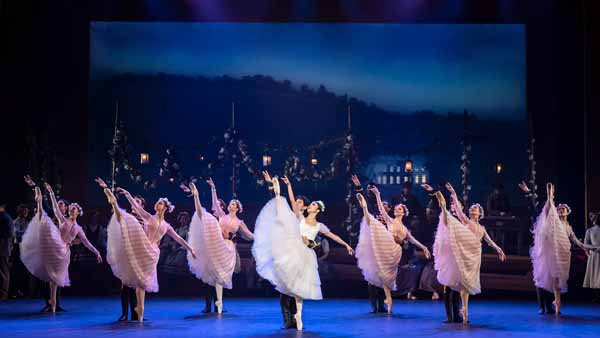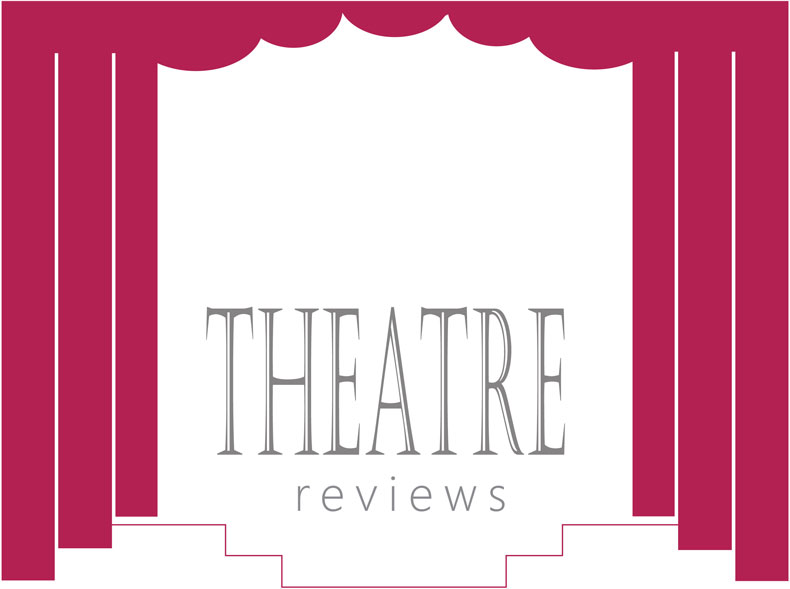
English National Ballet dancers in Tamara Rojo's Raymonda (c) Johan Persson
By Tim Saunders
A ballet about the courage of war is absolutely perfect for our times.
Raymonda, an English National Ballet production at Mayflower Theatre, Southampton is just that; set in the war in Crimea in 1854. But it could just as well be today. Don’t forget that Russia invaded Crimea in 2014, annexing it from Ukraine.
The opening makes a point of showing the important part that newspapers played in this Victorian period and leads into nurses in a war hospital, paying homage to the most influential woman in the Crimea War; Florence Nightingale, and ends with an upbeat wedding. There are three acts and a couple of intervals.
In between there are some stunning performances from a group of what must be forty or so talented performers; a mix of male and female. I watch mesmerised with my daughter Harriett (11). A highlight is when the ballerinas with their lanterns do a beautifully choreographed scene; one row cleverly moving in between the next, back and forth with great effect. Some of the solo performances are really fascinating to see. We stare in awe at feet working overtime, producing a series of spectacular pirouettes and the whole range of ballet moves. This is the wonderful thing about ballet. It is a marvellous art form. It’s about precision and timing and it is an absolute joy to watch perfection in motion. The hours that must be devoted to honing a ballerina’s craft. It’s a pleasure to watch.
“My friend is learning dance and she’s on grade four at the moment,” says Harriett. “She does tap, modern and ballet. When she gets to grade five, her ballet shoes will be fitted with bits of wood at the toes for pirouetting. That can’t be very comfortable.” No, it can’t be and yet there’s no grimacing – just lots of happy faces from these dedicated performers.
When you think that a typical theatre production involves speaking parts, it must be a challenge to get a story across with only ballet and classical music. The music by Alexander Glazunov (1865 to 1936) is integral to the performance and it is a privilege to watch the orchestra in action from the stalls above. We particularly enjoy seeing and hearing the relaxing sound of the harp as well as other instruments including a flute and violin.
Runs until December 3.



